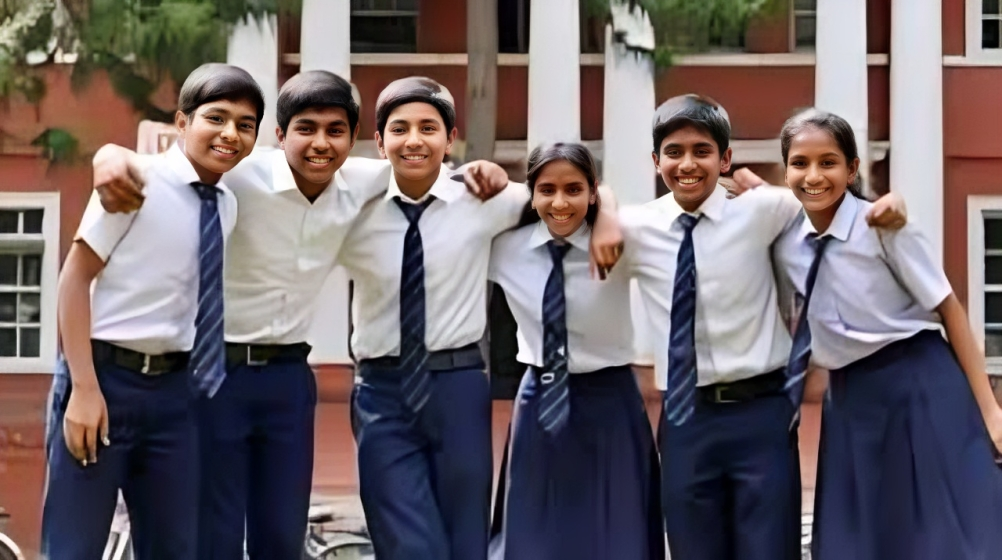The Delhi Special Cell Enrollment drive marks a significant step in ensuring every child receives a fair chance at education. In a landmark move, the Delhi Directorate of Education (DoE) has directed all government and municipal schools, including those run by MCD, NDMC, and Cantonment Boards, to set up Special Admission Cells (SACs) for enrolling Out-of-School Children (OoSC) and Children With Special Needs (CWSN).
Official Sources: edudel.nic.in, uidai.gov.in, amarujala.com, timesofindia.indiatimes.com
What Is the Delhi Special Cell Enrollment?
The Special Admission Cell (SAC) is a school-level mechanism to locate and enroll children who have either dropped out or never attended school. This initiative follows a Standard Operating Procedure (SOP) that ensures timely admission, academic support, and parental counselling.
Each SAC will be composed of:
- School Head/Principal
- Admission In-Charge
- Guidance or Vocational Counsellor
- Representative from the managing authority (MCD/NDMC/DCB)
Their role will go beyond admission to monitoring academic progress, ensuring attendance, and organizing counselling sessions for families.
Who Will Benefit from SAC?
The target groups for SAC support include:
1. Out of School Children (OoSC)
- Children who never enrolled or dropped out
- Street children, migrants, and child laborers
2. Children With Special Needs (CWSN)
- Differently-abled students across physical, intellectual, and learning spectrums
- Often face delays due to lack of documentation or access

3. Children Without Admission Documents
- Birth certificates, Aadhaar, or transfer certificates often missing for underprivileged children
- SACs will help secure these documents via collaboration with UIDAI and local authorities
What Will SACs Do?
According to the DoE’s SOP, each SAC must:
- Ensure time-bound admission for every child identified
- Offer counselling sessions to educate and motivate parents
- Track attendance and retention to prevent further dropouts
- Monitor academic performance through periodic assessments
- Provide free uniforms, books, and learning materials
- Conduct regular review meetings to evaluate SAC’s performance
Real-time Monitoring and Accountability
To ensure transparency and success, all schools must submit fortnightly reports to the DoE, covering:
- Total number of children enrolled via SAC
- Attendance records and dropout status
- Inventory of books, uniforms, and materials distributed
- Parental involvement and counselling status
These reports help identify implementation gaps and success stories across Delhi’s diverse school network.
Inclusion under Education Policies
This initiative is not isolated. It fits into Delhi’s broader education reform framework under the Inclusive Education Branch. Other notable initiatives include:
- Age-based admission rules for CWSN to ensure they aren’t denied admission for being “older” than their class group
- Special rounds of admission for CWSN from Nursery to Class 12
- Annual surveys to identify OoSC and place them in age-appropriate classes
These measures reflect the government’s push toward UN Sustainable Development Goal 4 – “Ensure inclusive and equitable quality education for all.”

Key Benefits of Delhi Special Cell Enrollment
| Benefit | Description |
|---|---|
| Focused Identification | SACs help locate children who fall outside the conventional admission radar |
| Inclusive Education | Ensures that CWSN and marginalized children are not left behind |
| Retention and Progress | Regular monitoring to avoid repeat dropouts |
| Material Provisioning | Uniforms, textbooks, and other essentials offered free of cost |
| Parental Involvement | SACs counsel parents to support children’s long-term academic journey |
| Transparency | SOP-based functioning and reporting ensure no manipulation or neglect |
What Happens Next?
The circular mandates that:
- All 1000+ DoE-managed schools, and MCD, NDMC, and DCB schools must form SACs immediately
- SACs must begin enrolment drives and implement the SOP at ground level
- Bi-weekly reporting to the Directorate must be maintained without fail
- Review meetings will be scheduled to assess the impact and suggest improvements
Delhi’s Vision: Education for Every Child
According to National Sample Survey (NSS) 2020, around 3.2% of Indian children (aged 6–17) were out of school. In Delhi’s urban landscape, issues like migration, poverty, disability, and lack of awareness continue to deprive children of their right to education.
With the Delhi special cell enrollment initiative, the city is taking a targeted, inclusive, and accountable approach to reverse this trend. By bridging the gap between the system and underserved children, SACs can become engines of long-term academic transformation.
Breaking NewsNewsTrending News
Iran State Funeral for Scientists and Commanders Held

